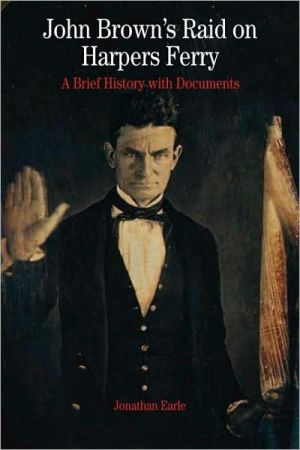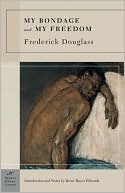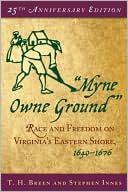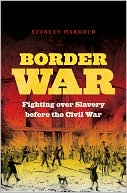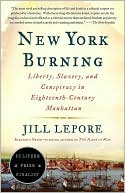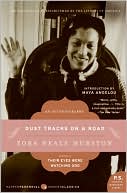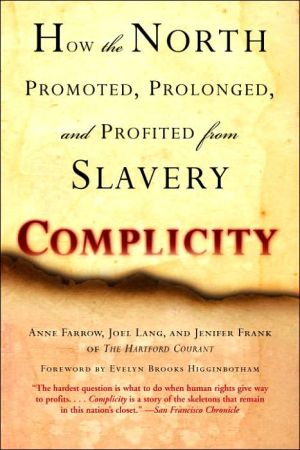John Brown's Raid on Harper's Ferry: A Brief History with Documents
Despised and admired during his life and after his execution, the abolitionist John Brown polarized the nation and remains one of the most controversial figures in U.S. history. His 1859 raid on Harpers Ferry, Virginia, failed to inspire a slave revolt and establish a free Appalachian state but became a crucial turning point in the fight against slavery and a catalyst for the violence that ignited the Civil War. Jonathan Earle’s volume presents Brown as neither villain nor martyr, but rather...
Search in google:
Despised and admired during his life and after his execution, the abolitionist John Brown polarized the nation and remains one of the most controversial figures in U.S. history. His 1859 raid on Harper's Ferry, Virginia, failed to inspire a slave revolt and establish a free Appalachian state but became a crucial turning point in the fight against slavery and a catalyst for the violence that ignited the Civil War. Jonathan Earle's volume presents Brown as neither villain nor martyr, but rather as a man whose deeply held abolitionist beliefs gradually evolved to a point where he saw violence as inevitable. Earle's introduction and his collection of documents demonstrate the evolution of Brown's abolitionist strategies and the symbolism his actions took on in the press, the government, and the wider culture. The featured documents include Brown's own writings, eyewitness accounts, government reports, and articles from the popular press and from leading intellectuals. Document headnotes, a chronology, questions for consideration, a list of important figures, and a selected bibliography offer additional pedagogical support.
Table of Contents ForewordPreface List of Maps and IllustrationsPART ONE. INTRODUCTION: Abolitionist, Warrior, Martyr, ProphetBrown’s Early LifeJohn Brown and the Rise of Abolitionism A Radical AbolitionistMaking Kansas BleedThe PlanThe RaidThe TrialReckoning with John Brown The Harpers Ferry Raid: Dramatis PersonaePART TWO. THE DOCUMENTS1. The Making of a Radical Abolitionist1. John Brown, Words of Advice to the United States League of Gileadites, January 15, 18512. Kansas Territorial Legislature, An Act to Punish Offenses against Slave Property, 18553. John Brown, Letter to Wife and Children from Kansas Territory, December 16, 18554. Mahala Doyle and Louisa Jane Wilkinson, Accounts of the Pottawatomie Massacre, 18565. John Brown, An Idea of Things in Kansas, 1857 6. John Brown, John Brown’s Parallels: Letter to the Editor of the New York Tribune, 18592. The Raid and Trial7. John Brown, Provisional Constitution and Ordinances for the People of the United States, May 8, 18588. Osborne Anderson, A Voice from Harpers Ferry, 18619. John Brown, Interview with Senator James Mason, Representative Clement Vallandigham and Others, October 18, 185910. Excerpts from the Trial of John Brown,1859Opening Remarks of John Brown to the Virginia Court, October 27, 1859John Brown’s Response to Claims of His Insanity, October 28, 1859Last Address of John Brown to the Virginia Court, November 2, 18593. The Making of a Martyr11. John Brown, Selected Prison Letters, October 21–December 2, 18594. Responses to John Brown’s Raid12. Northern and Southern Newspapers React to the Raid and Trial, 1859 New Hampshire Patriot, The Harpers Ferry Affair, October 26, 1859 Petersburg (Virginia) Express, The Harpers Ferry Conspiracy, October 25, 1859 Albany, New York, Evening Journal, From the Philadelphia Press, November 30, 1859 13. Henry David Thoreau, A Plea for Captain John Brown, October 30, 185914. Governor Henry Wise, Message to the Virginia Legislature, December 5, 185915. U.S. Senate Select Committee on the Harpers Ferry Invasion, The Mason Report, June 15, 186016. William W. Patton, John Brown’s Body, 1862AppendixesA Chronology of John Brown and Events of the Civil War Era (1800–1865) Questions for ConsiderationSelected BibliographyIndex
